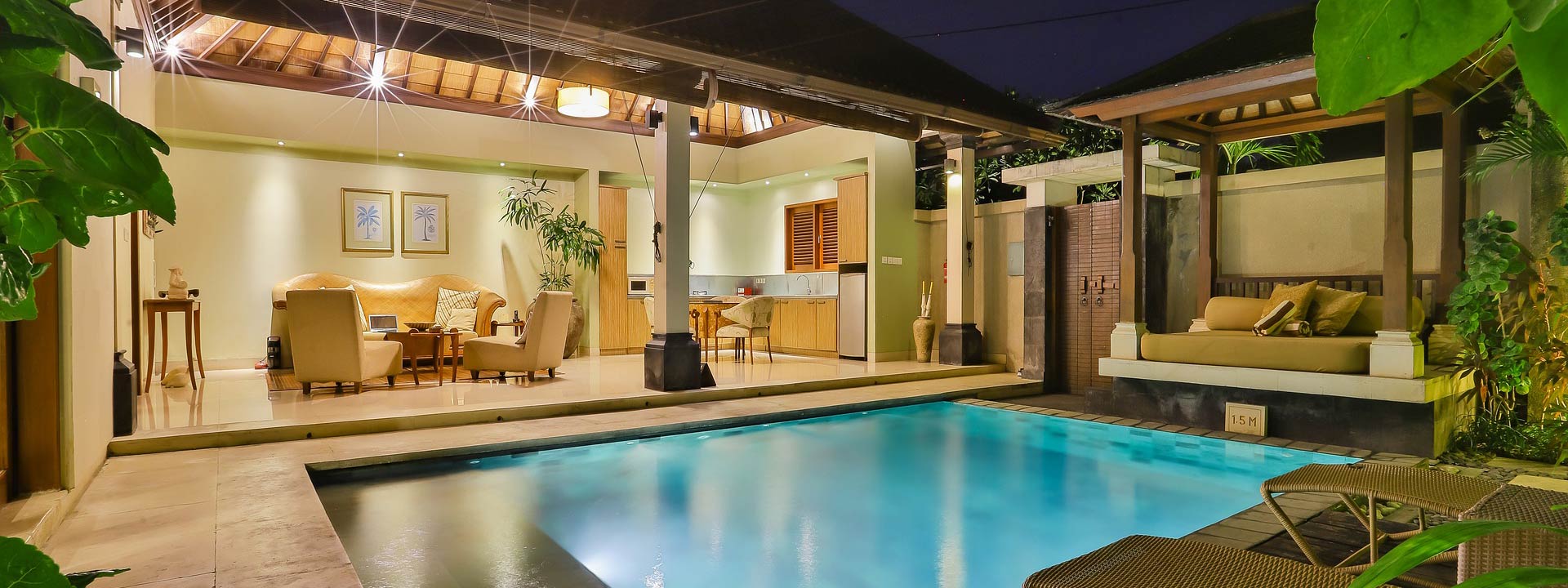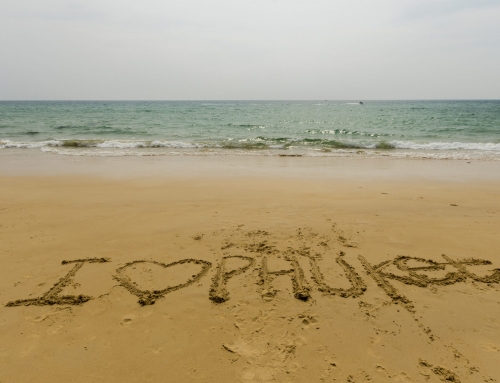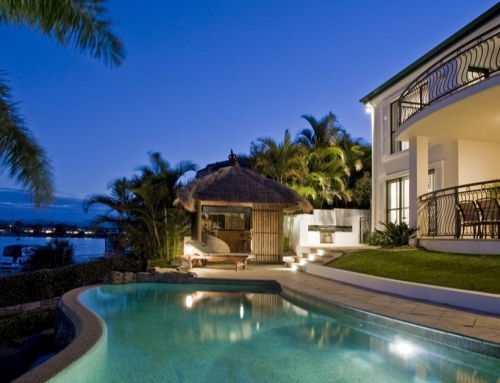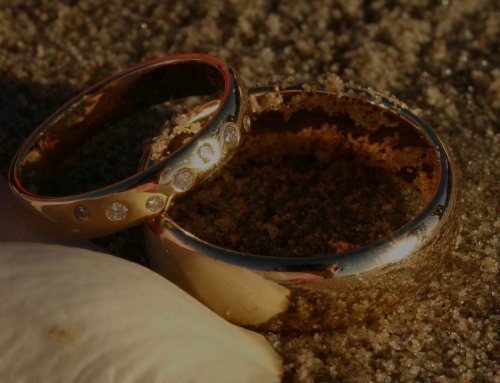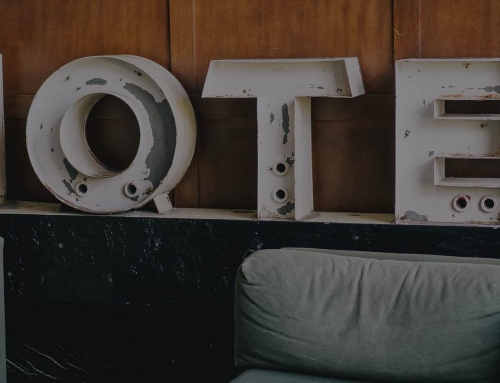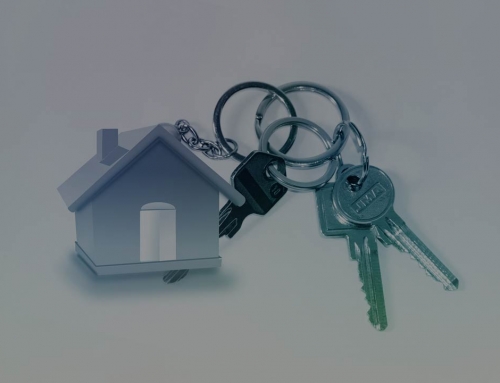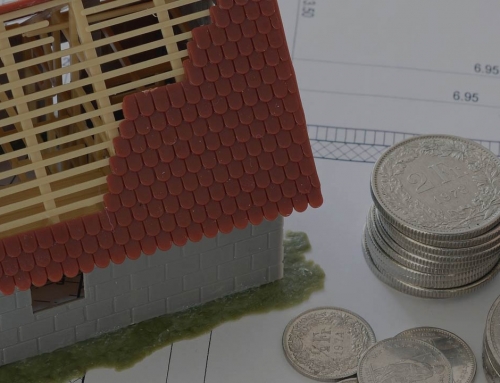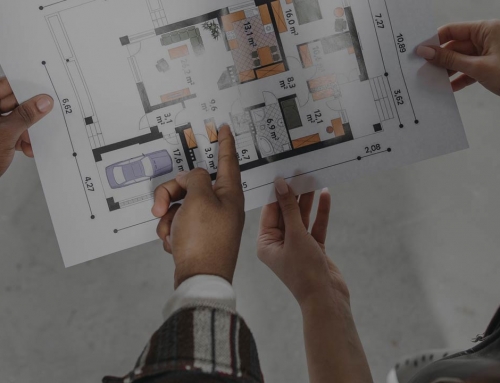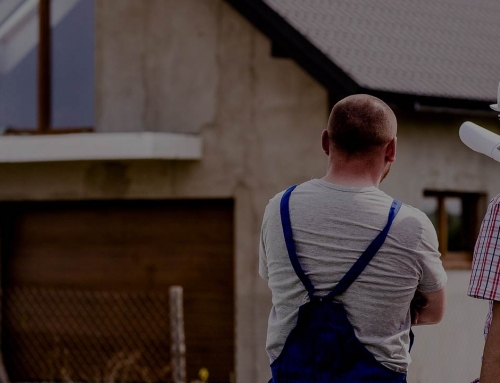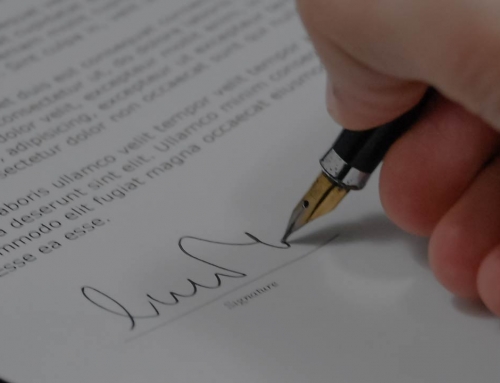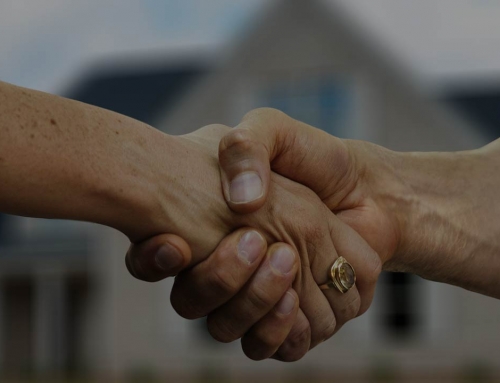A ‘Lease Mortgage’ is one of the various newer options to help foreigners looking to own or be in control of landed property. The Lease-Mortage is different from the usual 30+30+30 pre-paid leashold contact, but what’s the difference and, if any, whats the catch? Let’s delve in.
As a Foreigner, if you would like to live on Phuket island and invest in some of the various property options the island has to offer, you will need to decide which type of property that suits your needs the most. Normally will this will be either a condo or a villa. Villas in Phuket are a very popular choice for both renting and owning for foreign visitors, but to own these types of properties, you must ensure that the lease or ownership structure is written and signed off correctly otherwise you may find problems down the road.
In Thailand, foreigners are not allowed to own land personally but are able to purchase it through a Thai company. However, if the company in question is not structured properly and the ownership of the land is challanged in a court, it may be voided. Even if you company ticks all the right boxes, it is often a technicality and due diligence is a must.
Buying A House With A Thai Company
Using a Thai company to own property is still a very viable option for a foreigner that wishes to own property, providing they are running a legitimate business. This means that will will need to have verified local shareholders, not just nominees. You must also be paying taxes, file accounts, provide receipts and invoices and so on. Cutting corners on any of this is a pitfall to avoid and unfortunately so foreigners fall victim to this.
The Thai Leasehold
Having a leasehold on a property is can be a safer option to allow a foreigner to own property on the island. A lot of the newer villa development companies on the island often have their villa sales structured. This means that the buyer will often be presented with a prepaid lease structure implying that the lease is for 90 years, 30 + 30 + 30. It’s important to note that the maximum lease term allowed is only for 30 years. Another case where due diligence is a must.
The Lease-Mortgage
This is a more intriguing but much less used mortgage structure which is focused around the standard 30 year leasehold contract. The shortcomings of this agreement though is that it is a relatively short duration for a lease and maybe not so attractive to some.
Along with the maximum term only being 30 years, there can only be contractual renewals, not extensions. You may have an extnesion clause written into the lease agreement but unfortunately it is little more than a promise as if the lessor (freeholder) in question sells the property, the clause will be able to be enforced against the new owner.
Despite this though there are still many leases purchased with pre-paid 90 year terms. A Lease-Mortage does certainly highlight that the prepayment beyond the first 30 years of your lease is essentially a loan. With the most common way of securing a loan for grounded property is done through the form of a mortgage, a Lease-Mortage subjects the loan in question to interest payments, registering the loan itself as the mortage against the title of the land that the property is on.
Practically speaking, this is already done with a standard 30+30+30 lease but if the money for the lease has been given to the owner for the two additional terms of 30 years and has been structured as a Lease-Mortage, the lessee then has legal means to enforce the lease renewal in case of any issues further down the line.
After the 30 years have passed, and the lease has been renewed, the lessee that holds the mortgage will then set off the next portion of the mortgage. It’s essentially converted into the next 30 years of rent paid in advance. The same will be done after the second 30 year structure has passed (if it’s a typical 30+30+30).
Any lease renewal in this format is still at the freehold owners discretion however, but if for any reason that the owner decides not to renew, as the holder of the mortage that is attached to the property, you will be able to foreclose and be able to force the sale of the property, allowing you to recoup your pre-payment, with interest charges.
The last hurdle to overcome and just how well this will work though is with the Land Office official that is dealing with the registration of the lease and the mortgage attached to it. Land Offices employees will differ and may not always view your lease in the same light. This is something to be aware of when dealing with property officials in Phuket. As always, buyer beware.
Lawyers & The Lease-Mortgage
A Lease-Mortgage arrangement was originally an idea created by Lawyers as a way to get foreign ownership of property but the idea itself doesn’t coontravene to the letter of the law. What this means is that if challanged in court, it may be deemed that any foreign ownership scheme or agreement may violate the “spirit of the law”, and may also be the case when renewing the lease.
Final Thoughts
Because the Lease-Mortgage structure is not a widely used way of foreigners owning property, we really don’t know which way the wind will blow with them, but speaking with your lawyer and making sure the Lease-Mortgage agreement has been completed correctly with no oversites, can give you more options when it comes to becoming an owner of landed property in Phuket.

